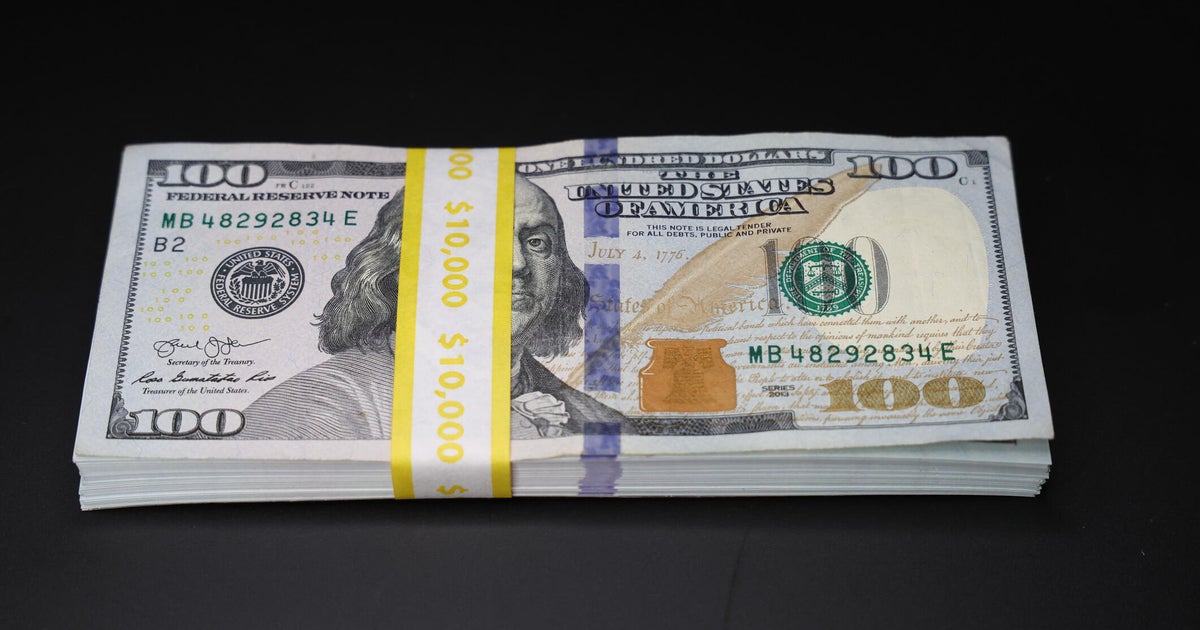Do you pay taxes on a high-yield savings account?
A high-yield savings account is a great way to put money aside for an emergency or short-term savings goal, like a wedding or a new car. It's low-risk, your funds are easy to access and your money grows thanks to interest payments. And compared to regular savings accounts, this interest is sizable. The average interest rate for a regular savings account is currently around 0.37%, while the average rate for high-yield savings accounts is about 3.5% to 4.5% (or more).
This interest doesn't come free of charge, however. You do need to report it to the IRS. Here's what you need to know about taxes on high-yield savings accounts.
Explore your local high-yield savings options here to see how much interest you could be earning.
Do you pay taxes on a high-yield savings account?
Because savings accounts earn interest, the IRS considers them taxable income. This interest is taxed at your earned income rate — in other words, the same rate your income is taxed at. For the tax year 2022, income tax rates range from 10% to 37%, based on your tax bracket. Accounts with taxable interest include savings accounts, checking accounts, money market accounts and certificates of deposit (CDs).
You don't need to pay taxes on your savings account balance, only on the interest you earn on the account. That's because any money you put into the account should have already been taxed. So, if you have $5,000 in a high-yield savings account that earns 3.5% interest, you'll only need to pay taxes on $175 in interest, not $5,000. Interest is taxed whether or not you withdraw it from the account.
Some banks offer promotions for opening a new account with them. If you received a cash bonus from opening a high-yield savings account, that is also taxable and must be reported to the IRS.
Open a high-yield savings account online today and start earning more money.
How to report high-yield savings account interest
At the beginning of each year, you'll receive Form 1099-INT from every institution where you have a high-yield savings account — if you earned at least $10 interest the prior year. You must report this interest on your tax return, but you don't need to file Form 1099-INT. Your financial institution will send a copy to the IRS when they send you yours.
If you don't receive a Form 1099-INT, you still must report any interest you earned during the year, even if it's only a few dollars. If you don't, you could incur penalties and interest. You can find this amount by reviewing your bank statements.
The bottom line
Despite taxes on interest, a high-yield savings account is worth having. Saving is a key part of any successful financial plan, and a high-yield account earns considerably more interest than a regular one. By divvying your money up between a high-yield savings account and other financial products, such as retirement accounts and stocks, you can maximize your earnings, minimize your taxes and make sure your money is working its hardest for you, in both the short and long term.




